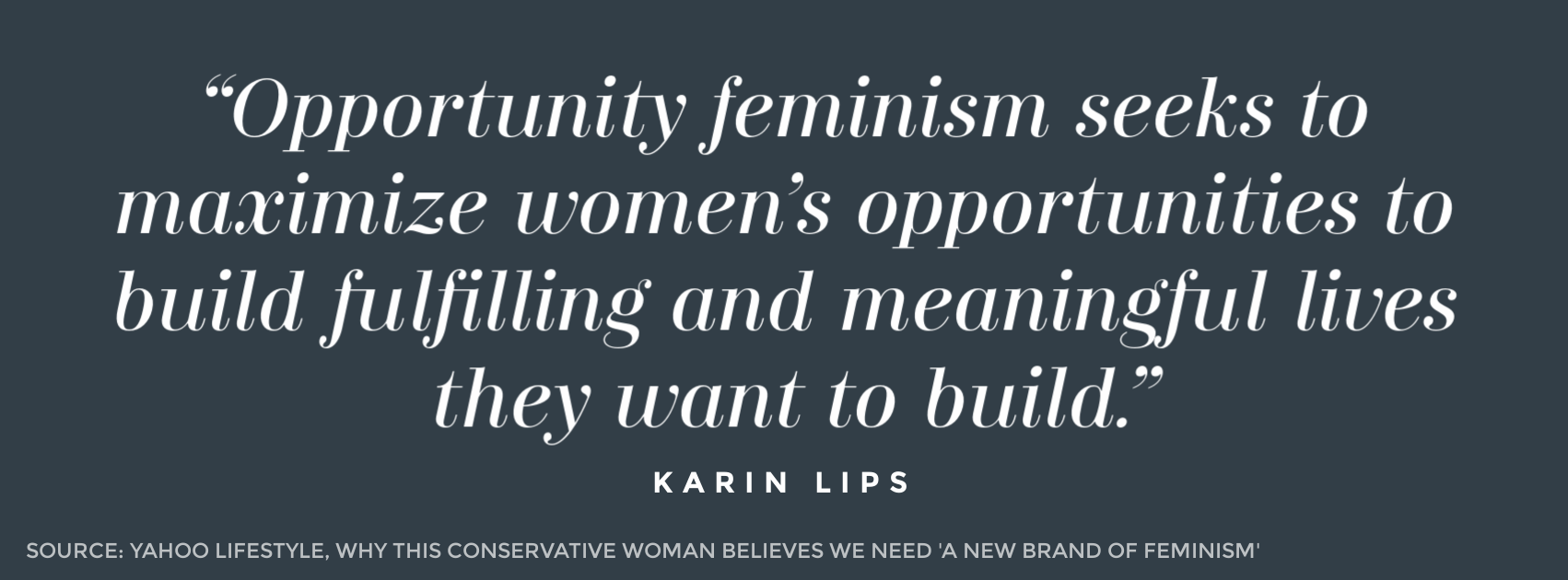Gentlemen, Welcome to the Work-Life Balance Convo
This article originally appeared in HuffPost.
It’s not just women who are discussing the challenge of work-life balance these days. Max Schireson announced last week that he is quitting his job as CEO of MongoDB, a database company, to spend more time with his family. In a blog post entitled, “Why I Am Leaving the Best Job I Ever Had,” he documents his conundrum — he has three kids ages 14, 12, and 9, anticipates flying more than 300,000 miles this year, and appreciates, but thinks it’s unfair, how much his wife takes on. So he is stepping down as CEO to assume the less prestigious, and less demanding, position as Vice Chairman.
Lots of people make similar trade-offs each and every day. But what stands out is that Schireson is a man talking about work-life balance. That has garnered headlines. While men and women have been making choices such as this for years, Schireson is being vocal about his, and is thus joining what has traditionally been a public conversation dominated by women.
Good for Schireson. It is helpful to the larger conversation for Schireson, and others like him, to bring light to the fact that work-life balance challenges don’t simply affect women. That men face struggles in this area adds perspective to the conversation women are having. Gentlemen, welcome to the conversation on work-life balance.
Schireson began his blog by noting that, unlike his female counterparts, he has never been asked about balancing his roles as father and CEO. Matt Lauer asked Mary Barra, the CEO of General Motors, how she balances her role as mother and CEO. Indra Nooyi, head of PepsiCo, was asked similar questions. Even in politics, questions are raised as to how female candidates, such as former Governor Sarah Palin, can balance serving in elective office with being a mother. It will be interesting to see if the media starts asking men more of these questions.
In her famous article, Why Women Still Can’t Have it All, Anne-Marie Slaughter chronicled her battle to balance her job as the first female director of policy planning at the State Department with raising two boys. Her candid account showed the prioritizing, sacrificing, and sometimes impossible balancing she had to do. Her article pushed the ongoing conversation on this topic into high gear and spun off more articles, books, and discussions.
Too often, these discussions are one-sided. Maybe women are more comfortable talking about such personal challenges, but it seems that many of these conversations leave out that men face challenges in this regard as well. Yes, there are some differences, as women bear the kids. But men struggle too.
According to a Pew survey, 56 percent of working mothers and 50 percent of working fathers say it’s “very” or “somewhat difficult” for them to balance work and family. More than half the population struggles with this, yet we often just talk about these struggles in the context of women.
Let’s welcome the men to the conversation. And let’s hope this will encourage women to see men more as teammates than competitors in this struggle. Sometimes this conversation quickly devolves into painting men as holding women back. This year marks the 25th anniversary of Arlie Hochschild’s The Second Shift: Working Parents and the Revolution at Home, in which she wrote that women who work outside of the home still took on a greater proportion of work at home compared to men, leading to a “second shift” for these women. This “second shift” language has become a popular way to talk about how women take on jobs, but then are still expected to do more of the housework. This has contributed to the women versus men aspect of this conversation.
Shireson’s candor about his choices indicates that maybe it’s time to change the us versus them dynamic of this discussion. Schireson, by the way, praises his wife — he recognizes that she has quite a balancing act as doctor, professor, wife, and mother. He adopts a tone that should be a model to us all when we have this conversation.
Schireson might quickly become known as “CEO Dad” for his decision to leave his position in the name of work-life balance in a public way. Welcome to the conversation.


